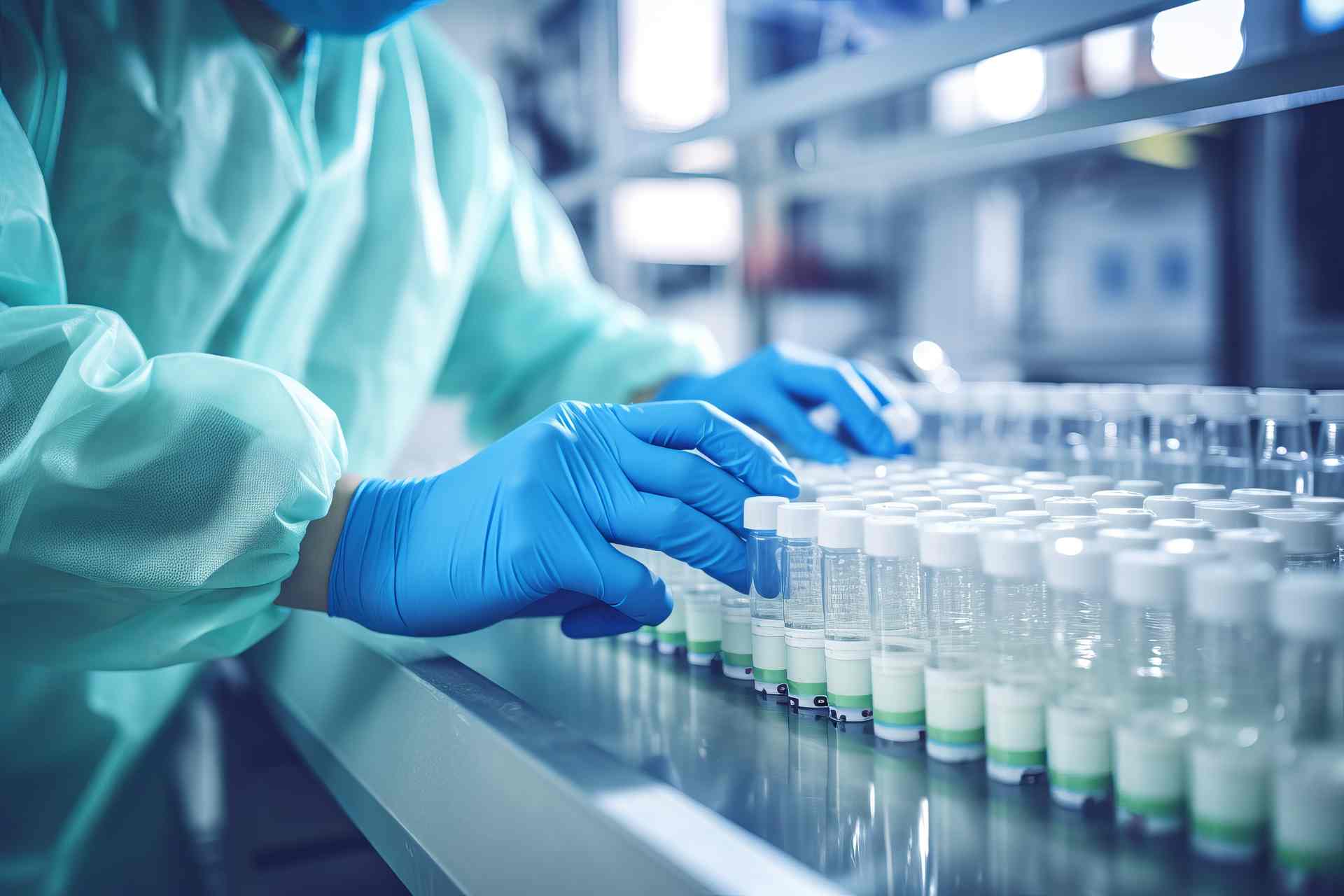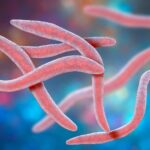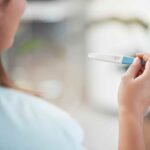In a significant advancement in medical science, researchers at City of Hope in Los Angeles have started a Phase 2a clinical trial, marking a pioneering step in the field of human milk-based therapies. This trial focuses on a novel treatment for patients with blood cancers undergoing allogeneic hematopoietic stem cell transplantation.
The therapy, combining human milk oligosaccharides (HMOs) and a specific gut bacteria strain, represents not only a scientific breakthrough but also holds substantial economic implications.
Scientific Aspects
- The Therapy: The trial investigates the combination of PBCLN-010 and PBCLN-014, integrating human milk sugars with Bifidobacterium longum subspecies infantis (B. infantis) found in the gut of nursing infants. This combination aims to control and restore the gut microbiome in blood cancer patients, a critical factor in their recovery and overall health.
- Background and Rationale: Patients undergoing stem cell transplants often experience significant disruptions in their gut microbiome. This imbalance can lead to serious complications, including opportunistic infections and graft-versus-host disease. The proposed therapy aims to re-establish a healthy gut microbiome, akin to that found naturally in newborns, potentially reducing these risks.
- Clinical Trial Design: The Phase 2a trial is a randomized, open-label, multicenter study assessing the therapy’s feasibility, efficacy, and safety. It involves comparing the oral administration of PBCLN-010 with PBCLN-014 against standard care, focusing on the integration of B. infantis into the gut microbiome and monitoring various biomarkers.
Economic Aspects
- Market Potential: The success of this trial could open a new therapeutic market based on human milk science. Given the severity of blood cancers and the number of patients affected, this innovation has the potential to address a significant unmet medical need.
- Orphan Drug Designation: Due to the seriousness of blood cancers and the specific patient population, the company expects to file for and receive orphan drug designation. This status can provide economic incentives, including tax credits for clinical testing, prescription drug user fee exemptions, and market exclusivity upon approval.
- Partnership Opportunities: Prolacta Bioscience, the driving force behind the initial research and development of PBCLN-010 and PBCLN-014, is now seeking strategic partners. This collaboration could accelerate development and commercialization, making the therapy available to a broader patient base more quickly.
Conclusion
The initiation of this trial is a significant milestone in the field of human milk-based therapies. While the primary goal is to improve the outcomes for patients with blood cancers undergoing stem cell transplantation, the economic implications of such a breakthrough are equally noteworthy. The potential market for this novel therapy, combined with the benefits of orphan drug status and strategic partnerships, positions this development as a beacon of hope and innovation in both the scientific and economic landscapes.











